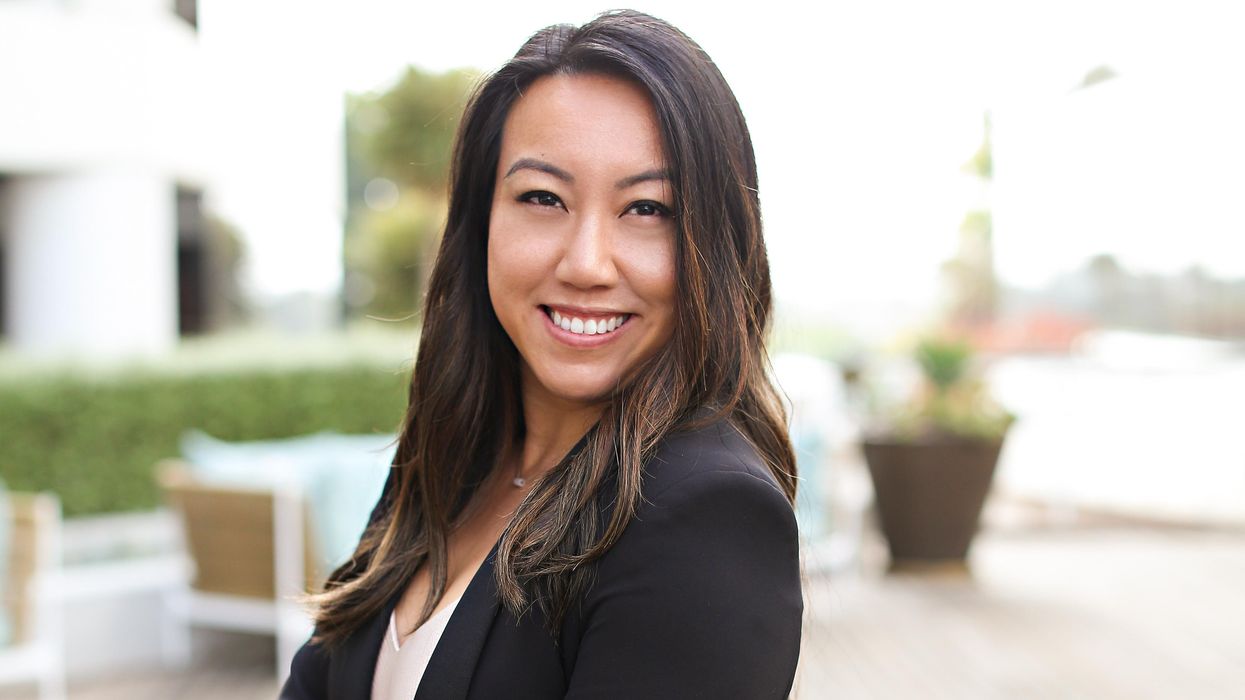Greater Good Health Raises $10M To Fix America’s Doctor Shortage
Keerthi Vedantam is a bioscience reporter at dot.LA. She cut her teeth covering everything from cloud computing to 5G in San Francisco and Seattle. Before she covered tech, Keerthi reported on tribal lands and congressional policy in Washington, D.C. Connect with her on Twitter, Clubhouse (@keerthivedantam) or Signal at 408-470-0776.

The pandemic highlighted what’s been a growing trend for years: Medical students are prioritizing high-paying specialty fields over primary care, leading to a shortage of primary care doctors who take care of a patient’s day-to-day health concerns. These physicians are a cornerstone of preventative health care, which when addressed can lower health care costs for patients, insurers and the government. But there’s a massive shortage of doctors all over the country, and the pipeline for primary care physicians is even weaker.
One local startup is offering a possible answer to this supply squeeze: nurse practitioners.
On Wednesday, Manhattan Beach-based Greater Good Health unveiled $10 million in new funding led by LRVHealth, adding to $3 million in seed funding raised by the startup last year. The company employs nurse practitioners and pairs them with doctor’s offices and medical clinics; this allows nurse practitioners to take on patients who would otherwise have to wait weeks, or even months, to see a doctor.
“This access and equity issue is just going to become more pervasive if we don't do things to help people gain more access,” Greater Good founder and CEO Sylvia Hastanan told dot.LA. “We need more providers to offer more patients appointments and access to their time to take care of their needs. And in order to do that, we really need to think about the workforce.”
There has been a growing movement in the medical industry to use nurse practitioners in place of increasingly scarce primary care physicians. California passed a law in 2020 that will widen the scope of nurse practitioners and allow them to operate without a supervising physician by 2023. Amid a shortage of doctors, there’s also the question of what will become of the largest and longest-living elderly population in recent history, Baby Boomers. Public health officials are already scrambling for ways to take care of this aging demographic’s myriad health needs while also addressing the general population.
“By the time you and I get old enough where we need primary care providers to help us with our ailments and chronic conditions, there aren't [going to be] enough of them,” Hastanan said. “And/or there just isn't going to be enough support for those nurse practitioners to really thrive in that way. And I worry about what our system will look like.”
Nurse practitioners function much like doctors do—they can monitor vitals, diagnose patients, and, in some cases, prescribe medication (though usually under the supervision of a doctor). Nurse practitioners need to get either a master’s degree or higher in nursing and complete thousands of hours of work in a clinical setting. All told, it usually takes six-to-eight years to become a nurse practitioner, compared to 10-to-15 years to become a practicing physician.
Greater Good Health’s platform puts nurse practitioners in often years-long care settings where they manage patients—most of whom are chronically ill, high-risk patients that need to be seen regularly and thoroughly. This allows them to follow up more carefully on patients they have managed for years, instead of catching up on a new patient’s history and treating them in the moment. Patients, meanwhile, don’t have to see a rotating door of clinicians and can talk to a provider they already have an established rapport with.
The one-year-old startup will use the funding to provide learning and development opportunities for its nurse practitioners and also connect them with each other through virtual support groups. Burnout has been an issue across health care during the pandemic, spurring an exodus of nursing and support staff and leaving health care facilities woefully understaffed. Greater Good hopes that keeping nurse practitioners in more stable, years-long care situations and offering them career development opportunities will help retain them and keep them in the workforce longer.
“We want them to be well-rounded and balanced both in work and life, and we see that returns us healthier, more engaged and ready nurse practitioners,” Hastanan said.
Keerthi Vedantam is a bioscience reporter at dot.LA. She cut her teeth covering everything from cloud computing to 5G in San Francisco and Seattle. Before she covered tech, Keerthi reported on tribal lands and congressional policy in Washington, D.C. Connect with her on Twitter, Clubhouse (@keerthivedantam) or Signal at 408-470-0776.





 Image Source: Skyryse
Image Source: Skyryse